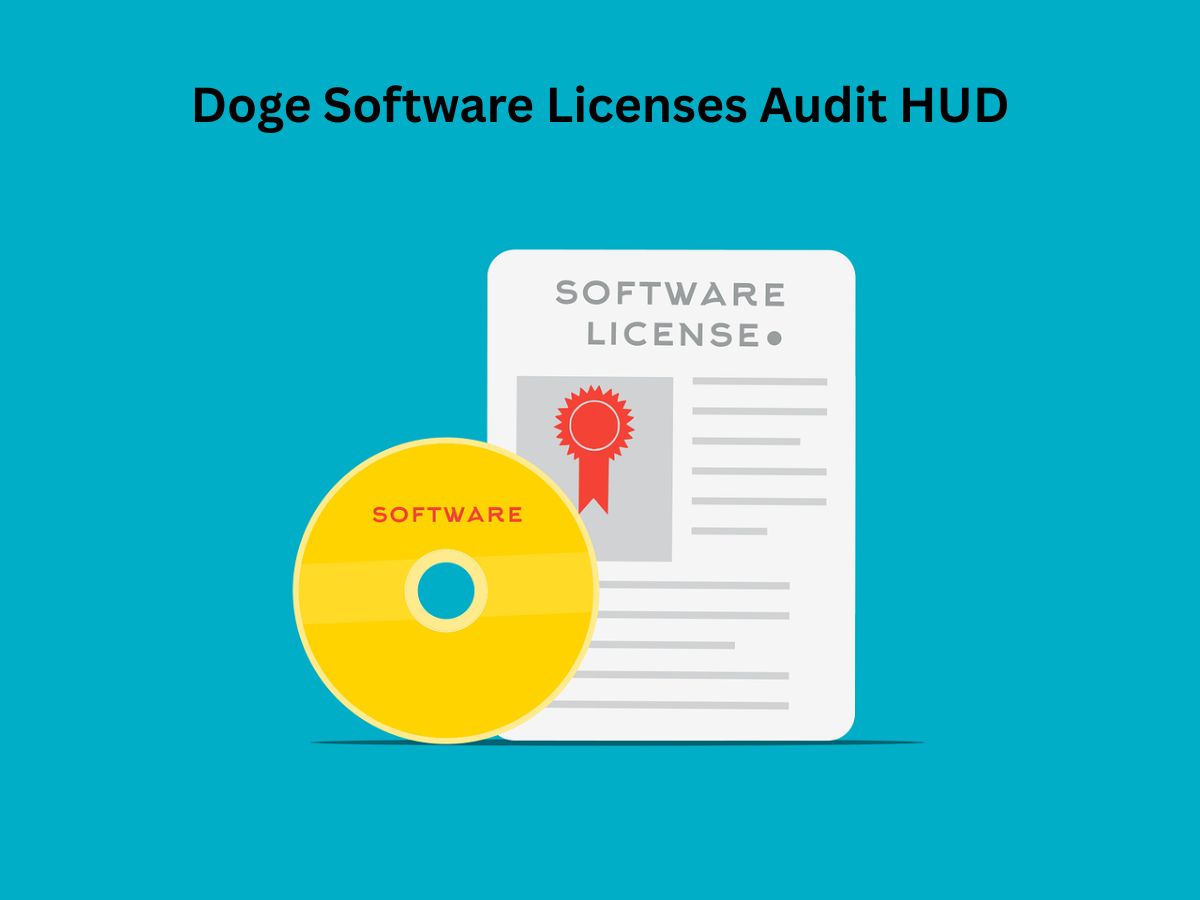The world is evolving at a rapid speed and the technology and innovation are the heart of its transformation. Day by day a new software is released and many people are buying those software for their personal or business uses. For all those people who purchased the software, the administration will give a license to use the software. Software license management can sometimes feel hard and it is like navigating a maze.
For companies managing all the software is not an easy task with many programs and varying compliance. So with Doge Software Licenses Audit HUD tool is used to simplify all the processes. Many people think that it is related to cryptocurrency by seeing the name Doge, but it is not. In today’s in -depth guide let us discuss this tool’s features and advantages.
Table of Contents
What Is Doge Software Licenses Audit HUD?
The Doge Software Licenses Audit HUD is a powerful interface which is designed to manage and streamline the software license management. It is a tool which helps the users to manage all the software within an organization. Thai will make the managing of software licenses easy. This tool is used by many tech companies and open-source developers, because this interface will help them to manage all the Software Licenses and their compliance with a single tool.
This tool has an advanced dashboard which displays all the software status, Licences and Compliance at one place. This will help the users to navigate through multiple softwares easily. Below are some more Features of this tool:
- We can easily identify the license type like Apache, proprietary, BSD, MIT, GPL.
- It will identify the compatibility risks in the software.
- Visualization of license distribution in real-time.
- license violations will be flagged.
- For open-source licenses, we can scan codebases.
What Are Software Licenses?
Software Licenses are the legal contracts which can describe the process of using and distributing the software. For every software there will be a licence and a group of licences can be managed by the Doge Software Licenses Audit HUD. This will help the developers and organization to set boundaries. Below are the types of licenses we can have
Proprietary Licenses: These are also called commercial licenses. In this type there are some restrictions like, no modifications and no distribution.
Open-Source Licenses: these types of licenses can be modified and redistributed under some specific terms and conditions.
Custom Licenses: These are the licenses which are specially designed. Some organizations will use specially-crafted licenses.
Basic Components Of Doge Software Licenses Audit HUD
The Doge Software Licenses Audit HUD has some integrated components to make it work more balanced. Below are those components
- Software Inventory Tracker
- License Identifier Engine
- Module for Risk Assessment
- Dashboard For Compliance Monitoring
- Automated Remediation Toolkit
How To Use Doge Software Licenses Audit HUD?
For those who do not know how to use and implement this tool for managing software licences, then this guide will help you. Follow the below steps to use this tool.
- First you need to gather all your requirements before developing the Audit HUD. We need to analyze the types of licences and CI/CD tools used in the software.
- The next thing you need to do is select the tool for the audit.
- Now you need to integrate the HUD with the deployment pipelines and source control systems.
- After that you can design your dashboard with Compliance history and Software wise licence Information.
- At last Train your team with the Doge Software Licenses Audit HUD Process.
Conclusion
Now you have understood how the Doge Software Licenses Audit HUD will monitor the software licence system in real time. Licence monitoring is very important because sometimes it may lead to some penalties, lawsuits and vulnerabilities. With this tool we can get License complexity matrix, Real-time scanning, Instant compliance check, Policy engine and HUD Display updates live. Thus the audit HUD supports many organizations and individuals in maintaining compliance. It can be useful for Developers, CTOs / IT Governance, Compliance & Legal Teams and Government Agencies.

